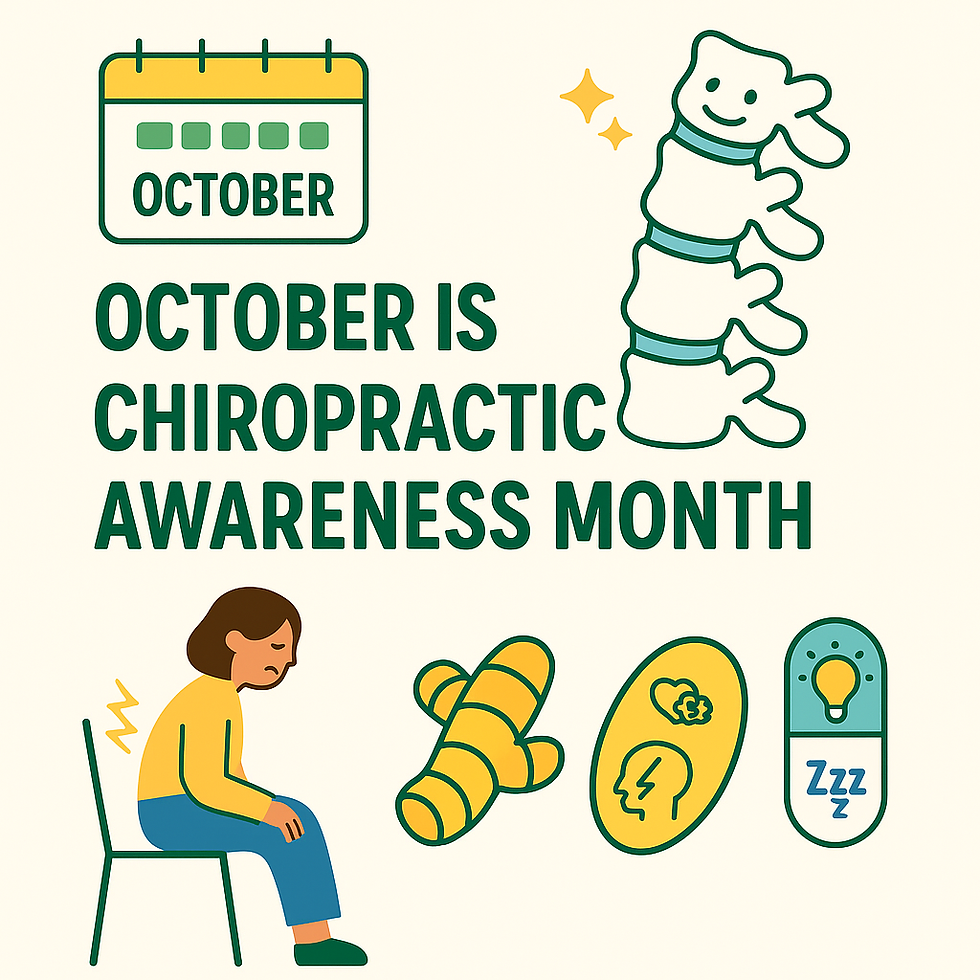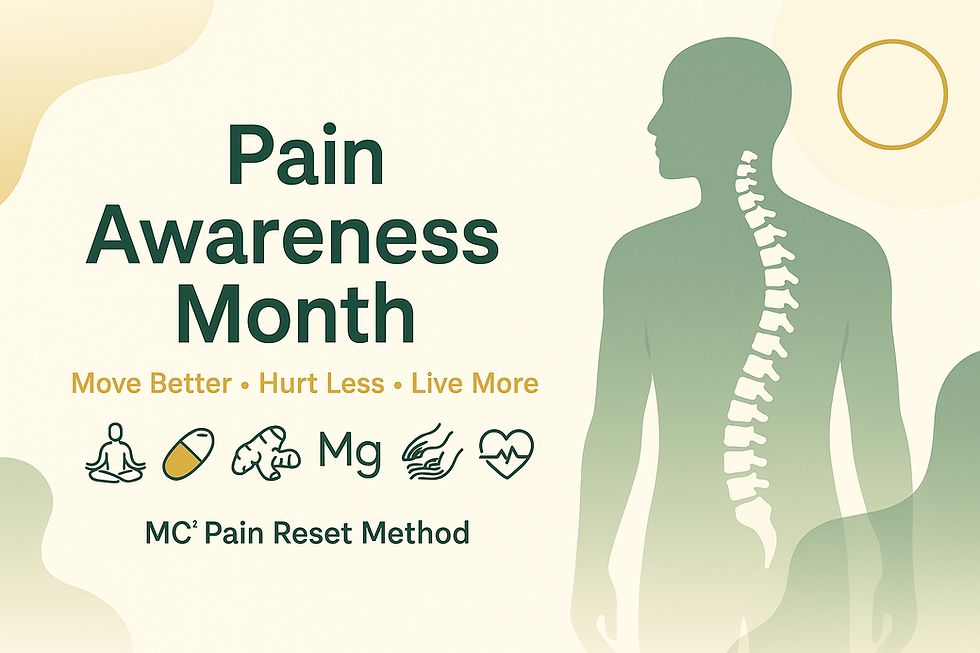Pillar 2 - Nutrition & Digestion - Heal Community
- Jun 1, 2022
- 4 min read
Updated: Aug 30, 2023
**Transcript**
Hey Dr. McNamara here, and I'm very excited to overview the next pillar of the heal community. Last week I covered pillar number one, which is community and foundations. This week, I'll be talking about the second pillar, which is nutrition and digestion.
Nutrition, and digestion is one of the most misunderstood topics when it comes to health and wellness. It can seem like an impossible task to embark on learning the ins and outs when it comes to nutrition. And this is because the vast amount of information that is available for this topic. Unfortunately, with this topic, there's also a lot of misinformation that can make learning this material and even greater challenge.
The fact of the matter is though all of us are humans. We all take in calories in some form or another and whatever nutrients we consume, has an effect on our health, and our bodies, whether it be good or bad, I prefer good. And I'm sure you all do as well. So let's talk about some of the biggest hurdles to overcome when discussing nutrition and digestion.
One of those is just what to eat in general. I get this question all the time. I want to be healthier Dr. McNamara, but what am I supposed to be eating? This is a phenomenal question, but a better way to approach this question might be to ask "I want to be healthier Dr. McNamara but what am I supposed to avoid eating?" In our country we have an overnutrition problem and not a malnutrition problem when it comes to most individuals. But this is a great question because not only does it tell one what foods to avoid, it causes the individual to reflect on what they're currently consuming in their diet and how that's affecting their health.
There was a study that looked at calorie estimation in adults, differing in body, weight, class, and weight loss status. The authors of this study wanted to see if different groups, in terms of weight and weight loss could accurately estimate the amount of calories they consume during meals, as well as the amount of calories burned during exercise. The biggest takeaway from this study. Was that among all the groups, there was a considerable range of over and underestimation of calories consumed and burned all the way from negative 280 calories to plus 702 calories. That's a 900 calorie range.
I like this study because it represents how difficult it is to really know and understand the nutritional value of the foods we eat. We live in the first time in history where even the socioeconomic less fortunate are overfed. I say this to make a point that there's a miscommunication between the health community on how to eat properly in order to live happy and healthy.
This is where we can correct that miscommunication through our partnership with the heal community. With expert guidance coming not only from your doctor, but also a certified health coach, you will be able to vastly improve your health and expand your knowledge with the help of a community with the same goals as you.
A study that was in the journal "Annals of Family Medicine" looks at how shared medical appointments can improve health markers in patients with pre-diabetes. In this study, the author used a retrospective propensity matched cohort analysis to compare patients that were attending pre-diabetes shared medical appointments to the usual standard, one-on-one type of appointment. These markers that were measured, included patients weight change over 24 months, as well as hemoglobin A1C, low density, lipoprotein (LDL), and systolic blood pressure.
The shared medical appointments group lost more weight, 2.88 kilograms to 1.9, nearly five pounds more and achieved greater reduction in hemoglobin A1C. The shared appointments last about 0.9%, almost a whole percent, which is a lot, which the usual care actually went up nearly a percent. And the systolic blood pressure in these groups improved by nearly five points compared to the usual care, where it actually went up about half a point, it actually got a little worse than that too.
The authors conclude that shared medical appointments can be an effective model in treating pre-diabetes. This is a great study. Utilizing shared medical appointments really works. It allows for greater access to high quality care and provides peer support, which makes it not only easier, but more fun and more effective.
Diet and nutrition can be very confusing guys. Not only do we eat too much in the United States, but the types of foods we eat are also accelerating obesity and chronic disease development even more. This is because the over-consumption of processed foods. Processed foods may be extending shelf life, but it is at the expense of our health, and it's actually reducing our lifespan.
In a study that looked at ultra processed food intake and adult mortality. It was observed that the ultra processed food consumption was related to an enhanced risk of all cause mortality, cardiovascular disease, and heart attacks. Not only that, but also for every 10% increase in ultra processed food consumption was associated with 15% higher risk of all cause mortality. This shows that there's not only a challenge with the quantity of the foods we eat, but the quality is just as important if not more.
This is why it's so important to understand more about your own health and nutrition and digestion. Here at McLaughlin care, with the help of the heal community, we are dedicated to improving the health of every single individual we encounter. Group health visits is the best way to accomplish this. I hope you guys learned something new today and have a better understanding on how to take control of your own health.
If you like this information and want to learn more, make sure to like this video and subscribe to our YouTube channel for weekly information on health and wellness. Stay tuned for later this week, we will be going over pillar number three, Relax & De-stress. Thank you.
Check out our Heal Community today! https://www.healcommunity.com/clinic/mcc-mclaughlin





Comments